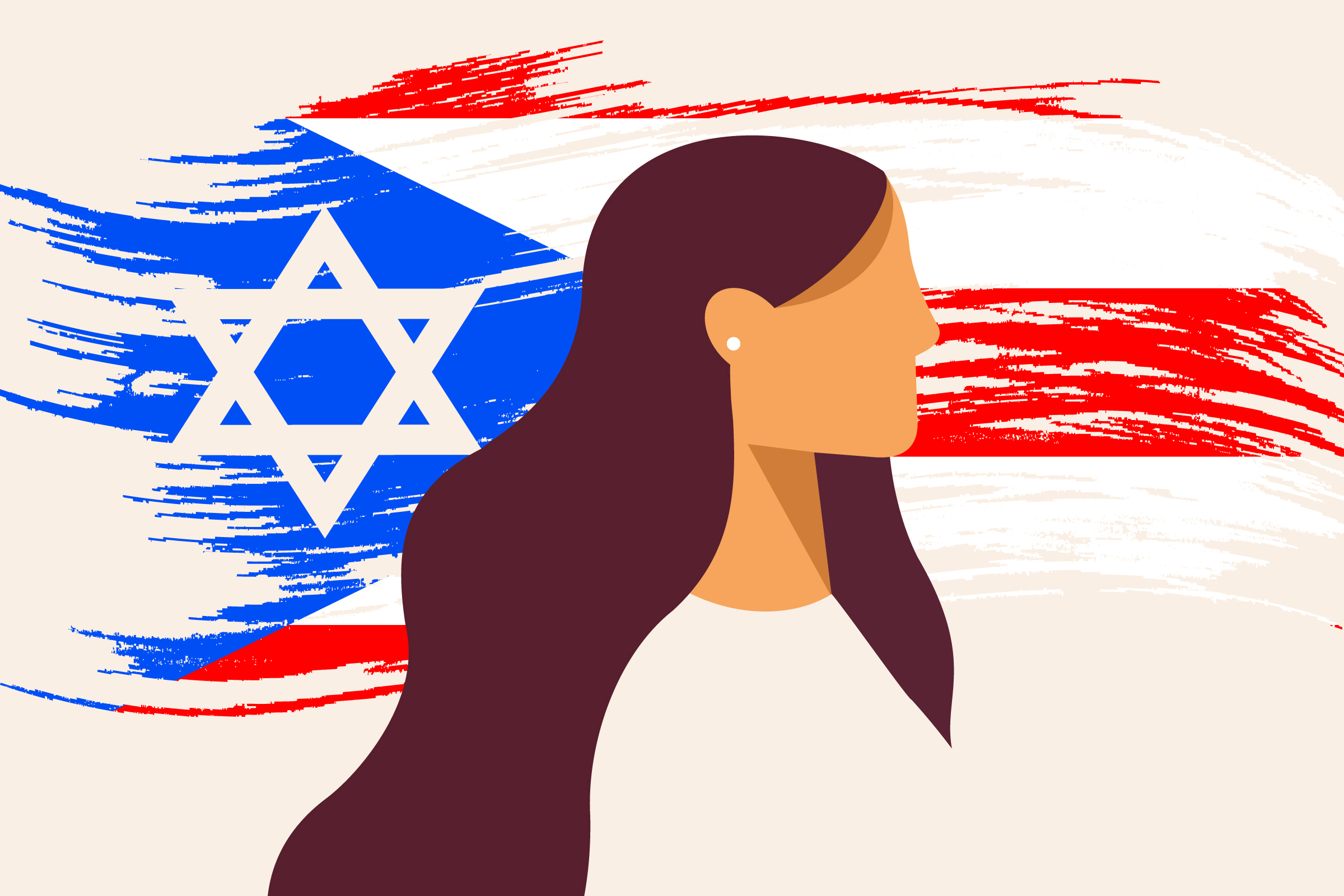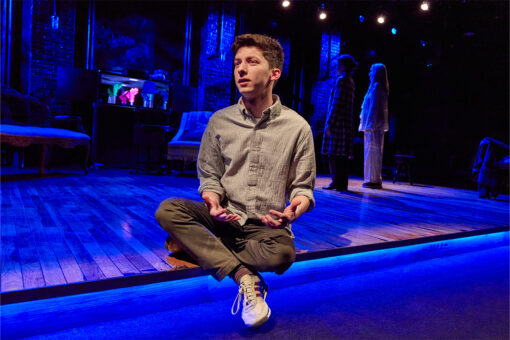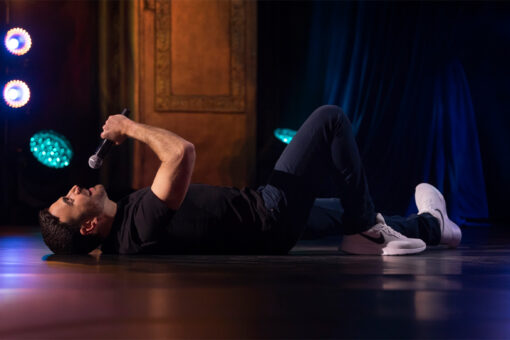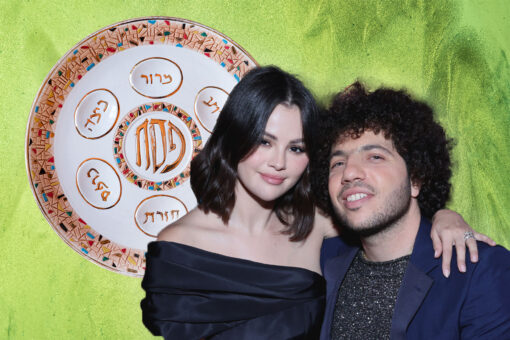My entire life, I never knew what it was like to have a single solitary sense of belonging. I used to daydream about speaking Spanish so fluently that no native speaker would ever doubt me. I longed to feel the words roll off my tongue, marinating in the satisfaction that I can actively back up my claims of being a Puerto Rican. Talk the talk, as it were.
While my fair complexion and very Jewish name precedes me, I always felt the need to add in to anyone who asked that I was also, in fact, Puerto Rican on my mother’s side. And even though I did not represent what everyone thought a Latina should look like, I still was one, through and through. It was something that I held onto with a fierce determination the majority of my life.
And while trying to prove that I was “Hispanic enough,” I also needed to prove I was “Jewish enough.” Even though I had the name to back me up as “proof,” I never quite fit the role of “that super Jewish girl who has a ton of Jewish friends, goes to BBYO, and gets bat mitzvahed.” I never felt that unwavering sense of belonging in either of these worlds that my heritage provides.
I grew up deeply immersed in both sets of tradition. My parents fully embraced each other’s culture and wanted me to have a firm sense of who I am. But my life was a series of contrasts: I was born and raised in Miami, Florida, a large diverse city rich in Hispanic culture, but in a suburb that had a large Jewish population. I went to Hebrew school on Wednesdays, temple on High Holidays, and ate delicious Puerto Rican food that my mother regularly made in between. I spent my time mostly around Hispanic friends, but conversely spent a large portion of my childhood surrounded by my numerous Jewish cousins that were all close in age to me. We had barbeques, birthdays, sleepovers, dance parties, and went to all the same schools.
The disparity that my life took on, I came to realize, only began to confuse me more as I got older and become more cognizant of things like identity and what it means to be multi-cultural. It was only through numerous phases, trials, and tribulations during my teen years that I realized ethnicity is not a black and white issue. My identity felt more fluid, as if I could sway between the two parts as often as I liked.
As I finally reached adulthood and began to better understand my inner struggle, I came to fully accept that, although society tends to push you to fit into a certain category, to look and act a certain way for whatever ethnic group you belong to, our identities have many layers. My identity is deeply personal, something that no one can try to define for me regardless of their preconceived notions about what it means to be Jewish and Puerto Rican.
For me, my identity is based around the little experiences that have shaped my sense of self. It’s my Puerto Rican mother subscribing to a magazine called The Source of Everything Jewish in order to throw our annual Hannukah party with the perfect Hannukah decorations, just for me to have a memorable and impactful experience. It’s my New Jersey-born bubbe who recently leased a new car and told me, “Rebecca, do you know what chutzpah is?”
“Of course, Bubbe,” I said.
“Well, I’m 89 years old and I just signed a three-year lease. Chutzpah.”
It’s the deeply immersing experience of visiting Puerto Rico and seeing where my family is from, where my grandmother lived, what our history looks like. It’s engaging in traditions like Noche de San Juan Bautista, when at the stroke of midnight on the beaches of Puerto Rico, you walk back into the ocean three times in order to be blessed and bring good luck — the same tradition that my grandmother participated in during her childhood.
It is in these deep-seated roots of tradition and family that I am able to find myself, where I am able to look down through the twisted vines of our history and find what it means to be me. What it means to be a part of not one culture, but two, and the fluidity that encapsulates my identity.
I’ve realized that I cannot fully belong to one community or the other because then I would cease to exist. I live in a dimension between the two, an abstract blending that makes up the fabric of my being. It’s a dimension made up not only of my memories, but the copious amounts of love and laughs that have pieced together both sets of my soul — and also, of course, plenty of chutzpah.



